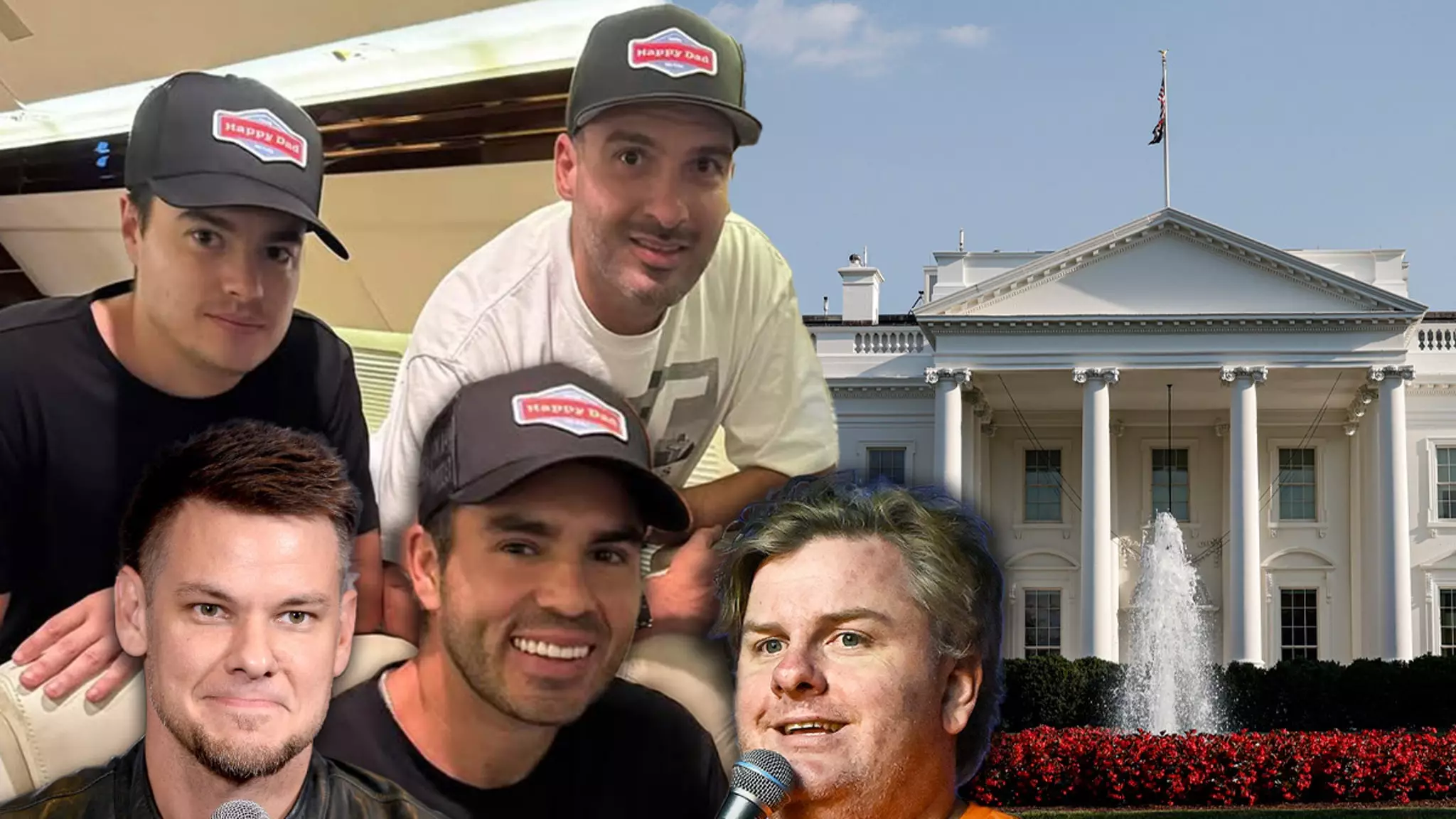In an era where traditional media often fails to resonate with younger audiences, John Shahidi, a prominent figure managing popular podcasters like Theo Von and the Nelk Boys, seeks to revolutionize the White House Press Briefing room. His groundbreaking concept of integrating podcasters into daily media briefings signals a significant departure from conventional media practices, tailored to meet the preferences of a digital-savvy generation. The initiative could redefine political communication, meeting today’s voters where they engage most: on their headphones.
Donald Trump’s engagement with the podcasting realm during his presidential campaign was not merely a marketing strategy; it illustrated an understanding of shifting dynamics in media consumption. Shahidi notes that this strategy allowed Trump to connect with younger generations, particularly men who may feel disenfranchised by mainstream media outlets like ABC and CNN. This demographic prefers authentic and accessible content, which podcasts inherently offer. As Trump transitions into the role of President-elect, Shahidi’s proposal aims to sustain this connection through an innovative approach that leverages the influence of podcasters to disseminate news and communicate policy messages in a more relatable fashion.
Shahidi’s vision encompasses creating a dedicated media space within the White House for podcasters and content creators, such as Adin Ross and Andrew Schulz, to interact more freely with the administration. This endeavor poses an intriguing possibility: a separate room for what he terms “podcast bros,” designed to break the traditional barriers established by the White House Correspondents Association. The current constraints, with only 49 seats in the press briefing room, often alienate alternative voices. By establishing a distinct area for these influencers, Shahidi intends to widen the scope of media representation and promote a more diverse array of perspectives.
The ramifications of this shift in media dynamics could be profound. Integrating podcasters into the press briefing process may lead to a fundamental reshaping of how information is disseminated from the White House. Traditional journalists, who have historically held the reins on political narratives, may find themselves in competition with a new breed of media figures who possess significant followings and the ability to engage audiences on a personal level. This could enhance the visibility of critical political issues among demographics that were previously disengaged or skeptical of standard news outlets.
While Shahidi articulates a clear and ambitious vision, the prospect of including podcasters in presidential communications will undoubtedly face scrutiny from established media entities. The likelihood of backlash from mainstream outlets is high, given their vested interest in maintaining authority over political discourse. However, Shahidi’s nonchalance toward potential criticism highlights a growing recognition of the need for inclusivity in media access, illustrating a broader evolution in the relationship between politics and media.
As the boundaries between traditional and new media continue to blur, the inclusion of podcasters in the White House could signal a transformative moment in political communication, ultimately allowing for more diverse voices and engagement in the political landscape.

